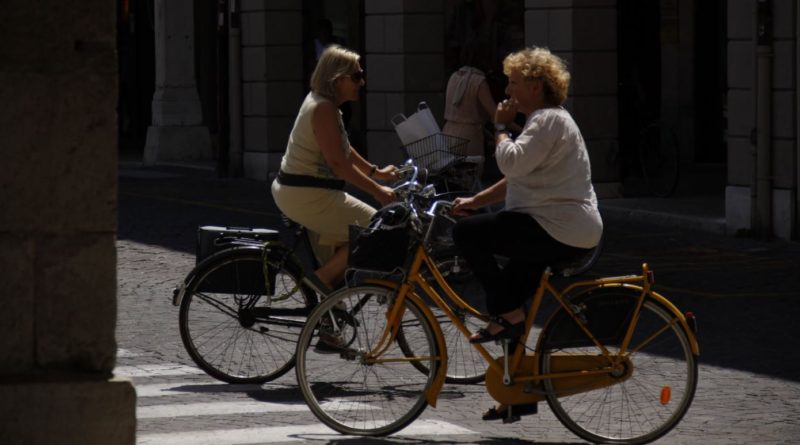Behavioural studies show that subtle prompts often recapture lapsed cyclists
A series of new studies commissioned by British Cycling and HSBC UK have found that lapsed cyclists may not require much encouragement to get back in the saddle.
The “Bike Shed” studies, carried out alongside behavioural science experts at Columbia University in New York, demonstrate that subtle prompts from friends or family members do carry influence. Indeed, people who were prompted to make a plan and set cycling goals with the support from friends or family went on to do 20 per cent more cycling during the following four weeks, compared to people who were not prompted to make a plan with the social support.
Breaking down mental barriers by helping people to visualise themselves as a cyclist can make a lasting change to people’s behaviours. In the study, providing people with a virtual reality headset showing them realistic vistas of being out and about on a bike were 39 per cent more likely to get on a bike again afterwards, compared to those who viewed a control video.
Health and financial benefits aside, when you remind people of the fun they can have cycling, people get back on their bikes. In registration emails sent out to HSBC UK City Ride attendees, messages appealing to a sense of fun or the nostalgia of rediscovering your cyclist were most effective in motivating people to sign up. The average improvement rate was found to be around 15 per cent compared with alternative reasons to attend.
Prior research has shown cycling’s economic contribution is worth more than €1,000 per inhabitant of the 28 EU member states, per year.
Hale Forster, Behavioural Scientist, Center for Decision Sciences at Columbia University, New York said: “The Bike Shed studies applied behavioural science insights to real life scenarios to generate evidence on what motivates people to cycle. The results from the first year have been promising so far and the findings contribute to a growing body of evidence that small nudges can help us to achieve our own goals. Because they are simple, these behavioural nudges can be applied at a wide scale fairly easily and quickly.”
The findings from the studies within the Bike Shed studies will continue to be confirmed and verified through repeated testing over the course of the partnership.
Need help convincing somebody that cycling can have a beneficial part to play in their lives? Check in with our Advocacy resource, a free library of research and data showing the many-fold benefits.



